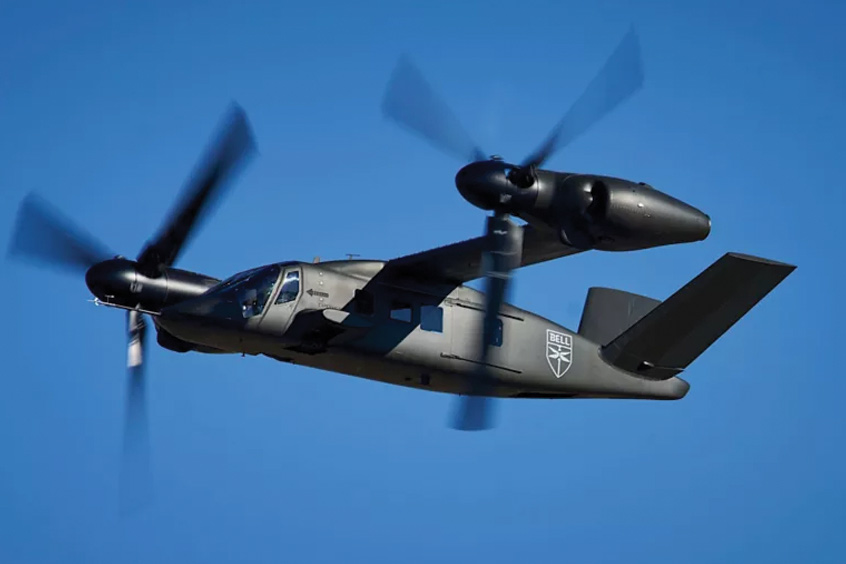ElringKlinger AG has agreed a long-term partnership with Airbus to develop aviation-compatible fuel cell stacks.
Following the delivery of stacks and a customized test rig this summer, ElringKlinger will now provide the newly established company with access to technology relevant to hydrogen-powered fuel cells, while in turn receiving compensation described as being "in the low to mid double-digit million euro range". ElringKlinger will also supply the partnership with certain components needed for development activities, and hold a non-controlling interest in the newly established company, while the majority stake will be held by Airbus.
A power output was defined as the target for the fuel cell stacks supplied by ElringKlinger during a pre-contractual stage. As part of extensive tests, and this target was exceeded by 15%. At the heart of the high power density of the ElringKlinger stack is the use of metallic bipolar plates as well as specially designed membrane electrode assembly sealing solutions.
Dr. Stefan Wolf, CEO of ElringKlinger AG, comments: "The fact that Airbus opted in favor of ElringKlinger as a technology partner points to the performance capabilities of our fuel cell technology. In the aviation industry, in particular, the power density of stacks is of primary importance. At the same time, other high-tech performance criteria such as service life or operational parameters such as operating temperature or operating humidity must be met in an aviation-specific manner."
A pure battery-powered propulsion unit quickly reaches its limits for certain applications in the aviation sector, such as over longer distances or for larger aircraft, due to the limited power capacity at a given weight. Fuel cells, on the other hand, represent a powerful alternative because they generate the required energy efficiently on board. "All in all, fuel cells can reduce emissions in aviation by a considerable margin. This is just one of the reasons why there is significant market potential for our technology, which confirms our strategic path of the last two decades. We as a Group will of course continue to pursue the route charted so far," Dr. Wolf continues.
ElringKlinger has been actively pursuing research and development in the area of fuel cell technology for around 20 years and serves the market as both a system and a component supplier. The compact stacks are based on proton-exchange membrane technology and convert chemical energy into electrical energy using hydrogen and oxygen. A completely climate-neutral drive is possible with fuel cells if the required hydrogen is produced by wind, solar or hydro power.
Fuel cell stacks are suitable above all for mobile applications with a long range and cyclical operation. Apart from vehicles such as buses and cars, PEMFC stacks can also be used for mobile industrial applications, e.g., in commercial vehicles and fork lift trucks. In addition, the hydrogen-based propulsion unit is also suitable for trains, ships, or aircraft.
ElringKlinger stacks can be integrated within customer systems and, as an option, they can be equipped with peripheral components and system functionalities integrated into the media module. These features enable considerable simplification and cost reduction with regard to the fuel cell system.
| Contact details from our directory: | |
| ElringKlinger AG | Fuel Cells |
| Airbus S.A.S. | Airframer |
| Related directory sectors: |
| Electrical Power Systems |
Weekly news by email:
See the latest Bulletin, and sign up free‑of‑charge for future editions.

Honeywell supplies LED landing search light for MV-75

Indra advances UAV collision avoidance with 360-degree detection trials

Northrop Grumman delivers 1,500th F-35 centre fuselage from Palmdale
Kratos expands in Birmingham with systems integration facility